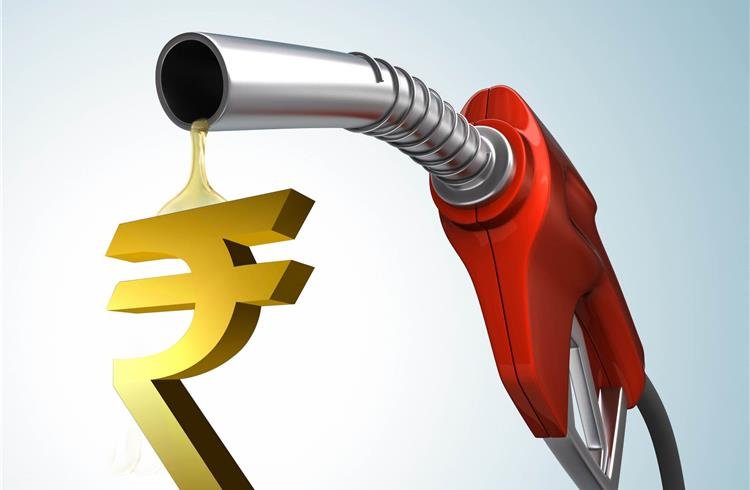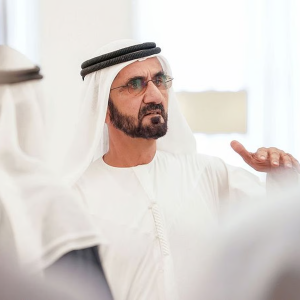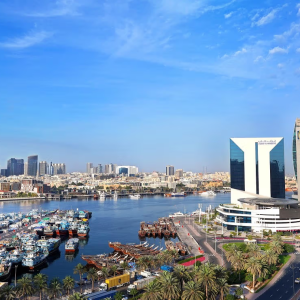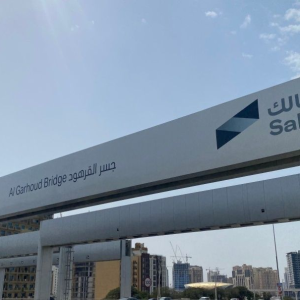The United Arab Emirates (UAE) has officially announced its petrol and diesel prices for January 2025, setting the stage for what residents and businesses can expect in the coming month. These price adjustments are part of the monthly review conducted by the UAE Fuel Price Committee, which aligns local fuel costs with global oil market trends while maintaining transparency and fairness.
This announcement is more than just numbers; it has a direct impact on the daily lives of residents and the operations of businesses across the country. Here’s an in-depth look at the new fuel prices, their implications, and the UAE’s efforts to support its residents and industries.
New Fuel Rates for January 2025
The UAE’s fuel prices for January 2025, effective from January 1, are as follows:

- Super 98 Petrol: AED 3.10 per litre
- Special 95 Petrol: AED 2.99 per litre
- Diesel: AED 3.30 per litre
These rates, consistent across all emirates, reflect a balance between global market shifts and local economic considerations. The UAE continues to ensure that its pricing strategy is aligned with international trends while minimizing the impact on residents.

Understanding the Price Adjustments
The UAE’s fuel price system is tied closely to global oil prices, which have been subject to volatility due to geopolitical tensions, supply chain disruptions, and changing demand patterns. The UAE Fuel Price Committee monitors these trends and adjusts prices monthly to ensure residents and businesses pay fair, market-aligned costs.

In recent months, the global energy market has witnessed slight stabilization, contributing to marginal changes in local fuel prices. While the prices remain competitive, the focus is also on driving energy efficiency and promoting sustainable alternatives.
Impact on Daily Life
For UAE residents, fuel prices are a crucial consideration in budgeting for personal and household expenses. The new rates offer commuters an opportunity to better plan their travel costs. Public transport users may not feel an immediate impact, but private vehicle owners will likely notice subtle changes in their monthly fuel expenses.
The logistics and transportation sectors, which are highly sensitive to fuel price changes, are expected to adjust operational costs accordingly. Businesses involved in goods delivery, supply chain management, and freight forwarding may experience a moderate increase in expenses, depending on their fuel consumption patterns.
Healthcare Facilities on Standby for Emergencies
Beyond fuel prices, the UAE is taking proactive steps to ensure public welfare through its robust healthcare infrastructure. The government has announced the deployment of one field hospital, six state-of-the-art hospitals, and four clinics to address emergency cases.
These facilities are strategically positioned across the emirates to ensure rapid response to medical emergencies, accidents, or other crises. Equipped with advanced technology and staffed by highly trained professionals, they represent the UAE’s commitment to prioritizing health and safety.
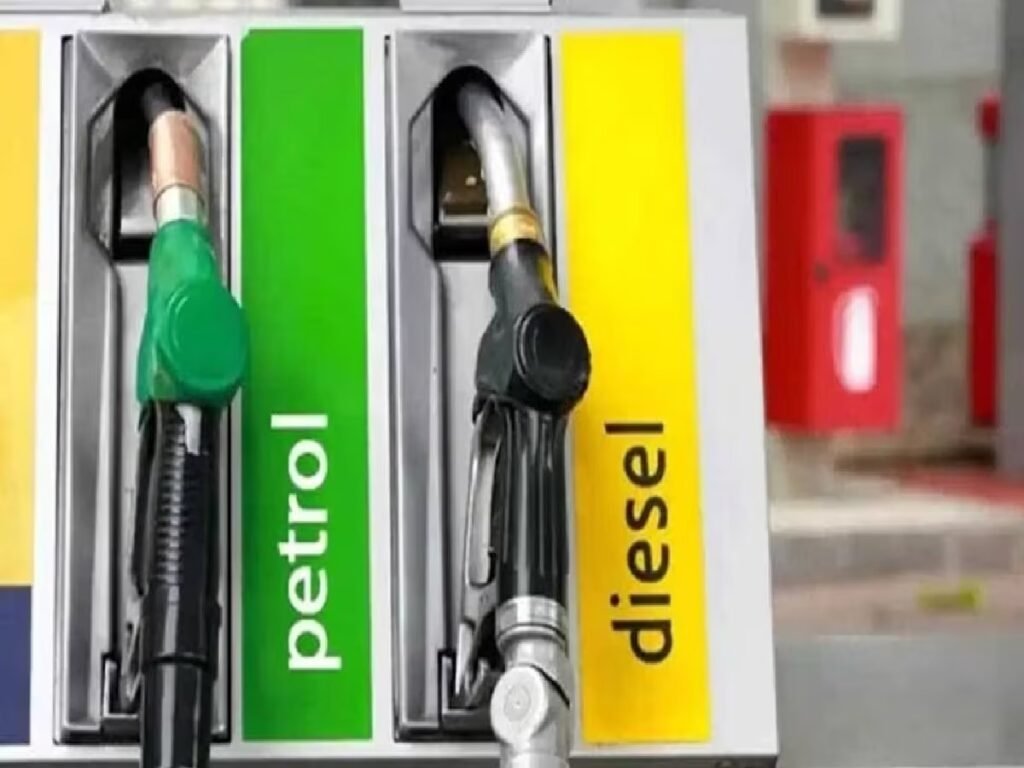
Encouraging Sustainable Energy Solutions
The UAE has been at the forefront of promoting sustainability in energy consumption. With rising global awareness about environmental challenges, the country is encouraging a shift towards eco-friendly vehicles. The government has introduced a series of incentives to support this transition, including:
- Free parking spaces for electric vehicles in select areas.
- Exemptions from toll fees on major highways.
- Subsidies and grants for purchasing electric and hybrid vehicles.
These initiatives are designed to reduce the UAE’s reliance on fossil fuels, lower carbon emissions, and contribute to global efforts to combat climate change. As a result, more residents are opting for electric and hybrid cars, gradually decreasing the demand for traditional petrol and diesel.
Economic Implications for Businesses
Fuel prices are a key determinant of operational costs for many industries. For businesses in logistics, transportation, and retail, these rates directly affect profitability. With diesel prices at AED 3.30 per litre, companies reliant on heavy-duty vehicles may need to revise pricing structures or explore cost-cutting measures.
Small and medium enterprises (SMEs), which form the backbone of the UAE economy, are particularly sensitive to such changes. The government’s focus on providing stable fuel prices helps these businesses plan ahead and mitigate financial pressures.
Technological Advancements in Fuel Monitoring
In addition to price adjustments, the UAE is leveraging technology to enhance transparency and accessibility in fuel management. Mobile apps and digital platforms now allow residents to:
- Monitor real-time fuel prices.
- Locate the nearest petrol stations.
- Access tips for efficient fuel consumption.
These tools empower residents to make informed decisions about their fuel usage and contribute to energy conservation efforts.
Why Fuel Price Transparency Matters
The UAE’s transparent approach to fuel pricing is integral to building trust between the government and its residents. By aligning local prices with global trends and communicating changes clearly, the authorities ensure that the public understands the rationale behind each adjustment.
This transparency is also vital for businesses that depend on predictable costs for long-term planning. With the UAE being a global hub for trade and commerce, maintaining such clarity helps attract investments and sustain economic growth.
A Glimpse Into the Future
The announcement of January 2025’s fuel prices reflects the UAE’s dual focus on economic stability and environmental sustainability. As the nation continues its journey toward a diversified and sustainable energy portfolio, residents and businesses alike are encouraged to embrace practices that align with these goals.
Whether through the adoption of electric vehicles, the implementation of energy-saving measures, or the development of innovative technologies, the UAE is paving the way for a future where energy consumption is efficient, sustainable, and eco-friendly.
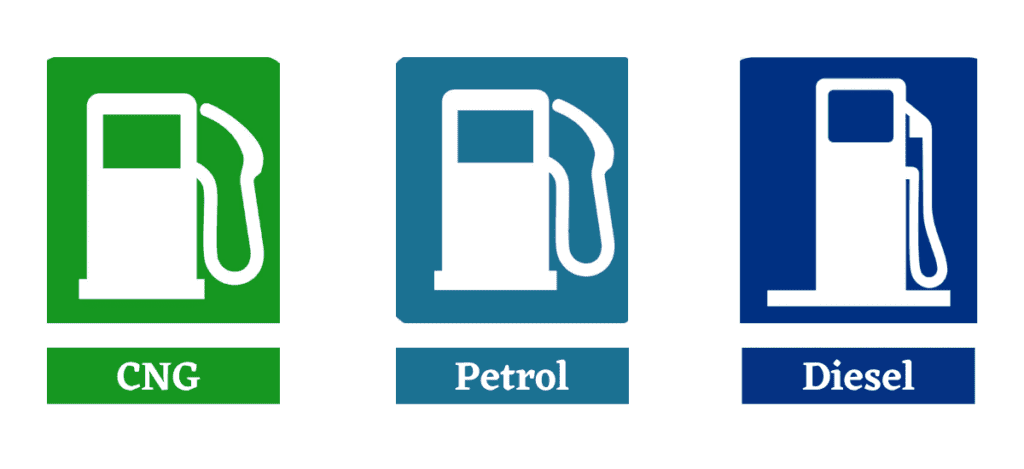
How to Stay Updated
To stay informed about monthly fuel price updates, residents can refer to official sources such as:
- The UAE Fuel Price Committee’s website.
- Dedicated mobile applications for fuel monitoring.
- Local news outlets and government announcements.
These platforms provide real-time information, ensuring that residents and businesses can plan effectively.
Conclusion
The UAE’s announcement of January 2025’s fuel prices highlights its commitment to maintaining economic stability and supporting sustainable growth. While the adjustments may bring slight changes to daily expenses, the proactive measures in healthcare, emergency preparedness, and green energy adoption underscore the nation’s focus on holistic progress.
As the UAE steps into 2025, residents can look forward to a future shaped by transparency, innovation, and resilience. Whether managing fuel costs, accessing advanced healthcare facilities, or exploring eco-friendly transportation options, the nation continues to prioritize the well-being of its people.
How to Stay Updated
To stay informed about monthly fuel price updates, residents can refer to official sources such as:
- UAE Fuel Price Committee Official Website
- Real-Time Fuel Price Monitoring App
- Local News for UAE Energy Updates
These platforms provide real-time information, ensuring that residents and businesses can plan effectively.

